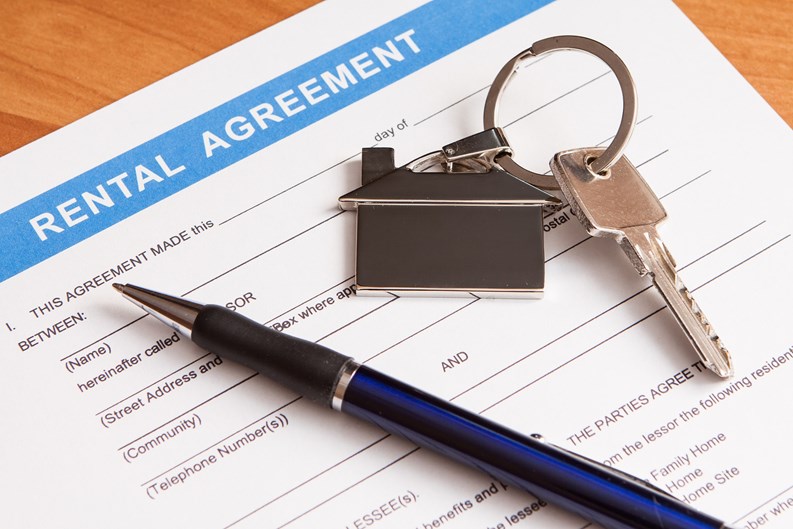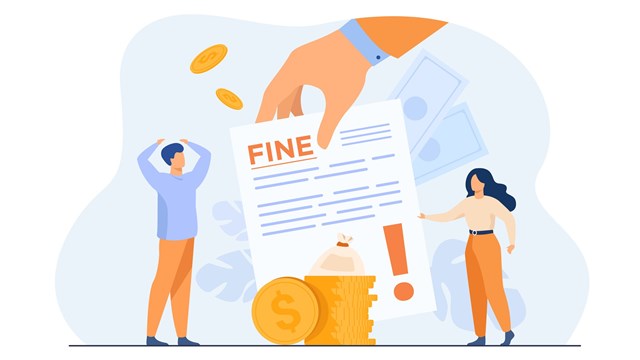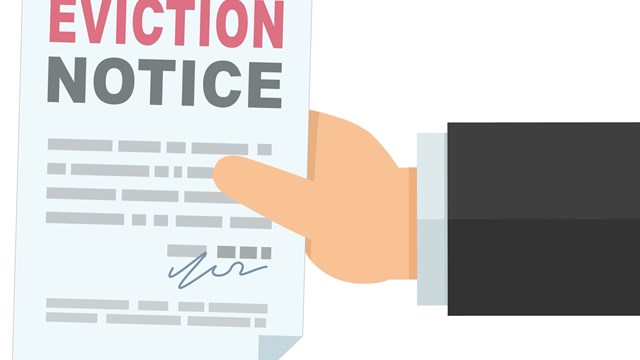Q. I'm going overseas for a few months for work, and would like to rent out my condo while I'm away. One of our board members told me I have to submit an information packet to the board, including the names, yearly incomes, and a bunch of other personal details on all rental tenants who will be occupying my unit. This seems excessive and intrusive. Can they legally demand all of this information? My understanding is that my unit is real property, and as such, I can rent it out to whomever I deem acceptable, period. I'm also not comfortable handing people's financial and personal information over when I have no idea how the board intends to keep it secure and confidential.
—None of their Business
A. According to Attorney Marc Schneider of NYC law firm, Schneider Buchel, “The answer to your question in New York would typically be found in your condominium’s governing documents (Declaration and By-Laws). You are correct that you own real property. However, when you purchase a unit in a condominium it is subject to the Condominium's governing documents. You typically agree to give up some rights and be bound by those documents, which may be amended from time to time in accordance with those documents. As such, you may not have the right to rent to whoever and for whatever period you would like without complying with your governing documents.
“First, you should check to see if there is a leasing restriction in your condominium’s governing documents. Oftentimes, there will be what is commonly referred to as a Right of First Refusal. This typically would entitle the Condominium to request certain documents and information from you in order to determine if they want to exercise that Right of First Refusal. In essence, if the Board wanted to exercise that right, they would have to then lease the unit under the same terms as you are proposing. However, in order for them to make that decision, they would need to see the lease and any other documents reasonably related to the transaction (as set forth in the Governing Documents).”
Buchel goes on to say, “We also oftentimes see bans on short term rentals and Airbnbs It would not be uncommon for a condominium's governing documents to restrict the right to lease for periods less than a certain period (usually 1 year or so).
“As far as providing sensitive information like financials, it is not uncommon that community associations need to obtain these types of documents. Hopefully and likely they will have a secure way of uploading or providing them. Most boards understand that such documents are sensitive and should only be used for the intended purpose and are keenly aware of the potential legal consequences for failing to protect them and use them properly.
“In short, it is very possible that (1) you may not be able to rent the unit for the period in question; (2) the condominium has the right to the documents requested and (3) absent any restrictions in the Governing Documents, you would then be permitted to rent to whoever and for whatever period you want and would not be obligated to provide any documents,” he adds.
“While the Board’s request for documents and information may feel intrusive, keep in mind that the board is obligated to enforce the condominium’s governing documents for the benefit of all residents. From the board’s perspective, these requirements help ensure that rentals comply with restrictions and that the community remains stable. For example, if you were living in your unit, you would likely want the board to step in if a neighbor attempted to run short-term rentals in violation of the documents.”
“If you are unsure of your rights after reviewing the governing documents, I recommend you consult with an attorney who understands community association laws, issues and governing documents.










Leave a Comment